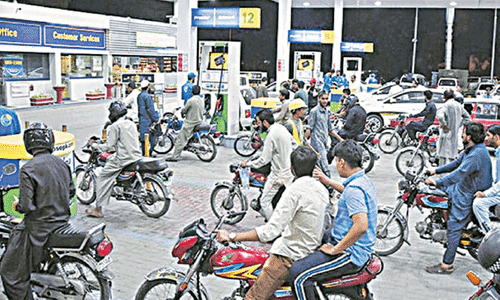AMID daily headlines declaring 'Merkel losing control over the coalition' and 'Government on verge of collapse?', a sense of despair has descended over the world of politics in the German capital.
Many are now asking how long Chancellor Angela Merkel can last in the post. At a military ceremony in Berlin for Horst Kohler, the outgoing German president, several remarked that it felt like a foretelling of Merkel's own departure.
What could have gone so badly wrong for Merkel and a government which less than eight months ago she promised would be a “dream” coalition?
The alliance between her conservative Christian Democrats (CDU), their Bavarian sister party the Christian Social Union (CSU) and the pro-business Free Democrats (FDP) has been beset from the start by a series of conflicts. Rows have centred on taxes, the financial markets, health, energy and the future of the military. Government meetings have been reduced to slanging matches.
Things really started to go wrong for Merkel earlier this year when she hesitated over taking action to rescue Greece.
Critics in the EU and US accused her of prevarication, leaving her isolated internationally, and on the domestic front ordinary Germans were angered at the notion that despite years of personal sacrifice, including wage-freezing and belt-tightening, they were now being called to, as they saw it, reward a country for its chronic profligacy.
Then this month came her four-year, 80bn euros package of cuts to the German budget. Merkel said these were vital but they have attracted a growing swell of criticism from across the country.
Within her government she has angered the FDP by ditching the main pillar of its election programme, tax cuts. A week ago 20,000 protesters took to the streets of German cities to demonstrate against the “socially unjust” cuts.
The numbers are yet small but could well increase over time.
But what might prove to be Merkel's make-or-break moment could be yet to come. On June 30 a federal assembly in which the CDU and FDP hold a majority is due to elect a new president.
Merkel picked the steady career politician Christian Wulff as her preferred candidate. But the candidate put up by the opposition, Joachim Gauck, has proved to be a much more popular figure, with several coalition members agreeing to vote for him. If Gauck, an East German-born Protestant pastor, wins it could spell the end of Merkel's reign.
Michael Huther, director of the Institute of German Economy in Cologne, recently commented that the Merkel administration was “constructing the dramatic scenario of the [country's] imminent downfall” while failing to reflect its past achievements and ability to tackle much more serious challenges, such as the huge task of reunification.
“They should pluck up the courage to put that right at the heart of their argument ... to show Germans that we can succeed,” he said, rather than choosing a politics that is encouraging “disappointment, frustration and resistance”.
— The Guardian, London











































Dear visitor, the comments section is undergoing an overhaul and will return soon.